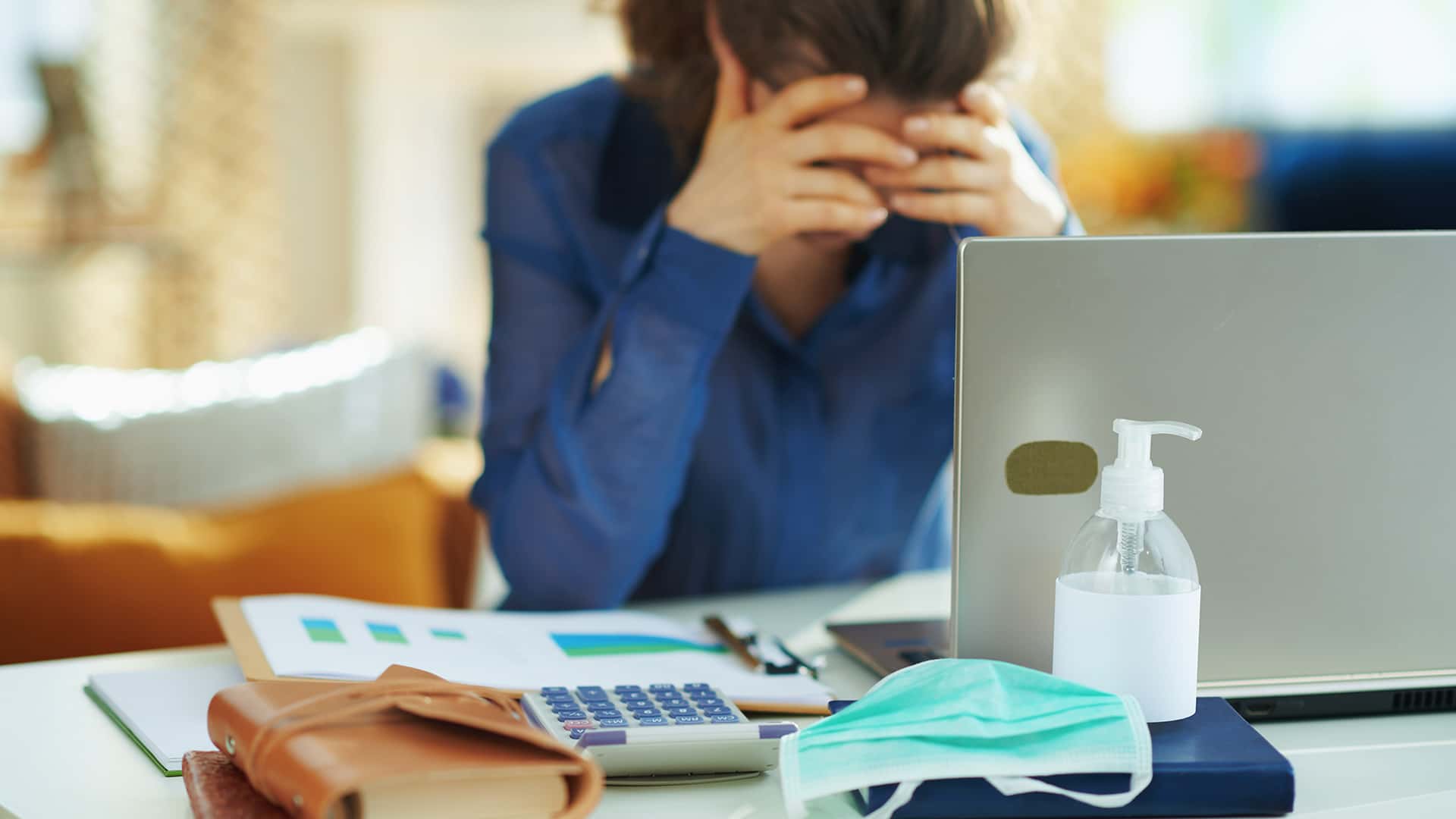Managing Stress and Depression During the COVID-19 Pandemic

According to researchers from various U.S. locations, the current pandemic has been causing Americans to move towards a mental health crisis. The recent events have not only increased stress levels in most people but have also naturally aggravated the symptoms of those with existing mental health disorders, such as anxiety and depression. In addition, the number of people who are now experiencing symptoms associated with mental illnesses for the first time has increased significantly among all age groups. Before the coronavirus pandemic, more than 20 percent of U.S. residents had experienced symptoms of depression or anxiety. That number tripled last month, according to researchers. The economic uncertainties that have been brought along with the pandemic may worsen our mental health. And the burden of social isolation also can’t be overlooked. Abrupt changes to regular routines and loneliness can create feelings of instability and fear even for the healthiest people. And, loneliness is worse for individuals who have struggled with anxiety and depression.

Along with the predictions provided by professionals, the recent statistics highlight that we must learn how to manage stress levels and, consequently, protect our mental health through the daily disruption to our regular lives and routines. Mental health professionals agree that self-monitoring is crucial during this time. Some of the symptoms associated with depression we should look out for include feeling sad for several days as well as experiencing difficulties focusing, restlessness and problems executing usual tasks. Some things that we can do to fight those symptoms and improve our overall wellbeing are: Drafting a routine plan and sticking to it; scheduling calls with friends or family members; reducing news intake, and increasing the consumption of healthy, whole foods. Exercising and spending time outside on a daily basis are also proven ways to improve our moods. Seeking out a mental health professional is key when we notice that we can’t cope with those feelings on our own or through changing our habits. The United Nations has urged all countries impacted by COVID-19 to focus on mental health as a response to the pandemic, which should emphasize that we must focus on it as well — on a personal level. We must prioritize acquiring coping skills and practicing self-care to stay motivated, productive, and healthy. But, at the same time, we must remember that there’s no shame in seeking professional treatment because we are not alone.










